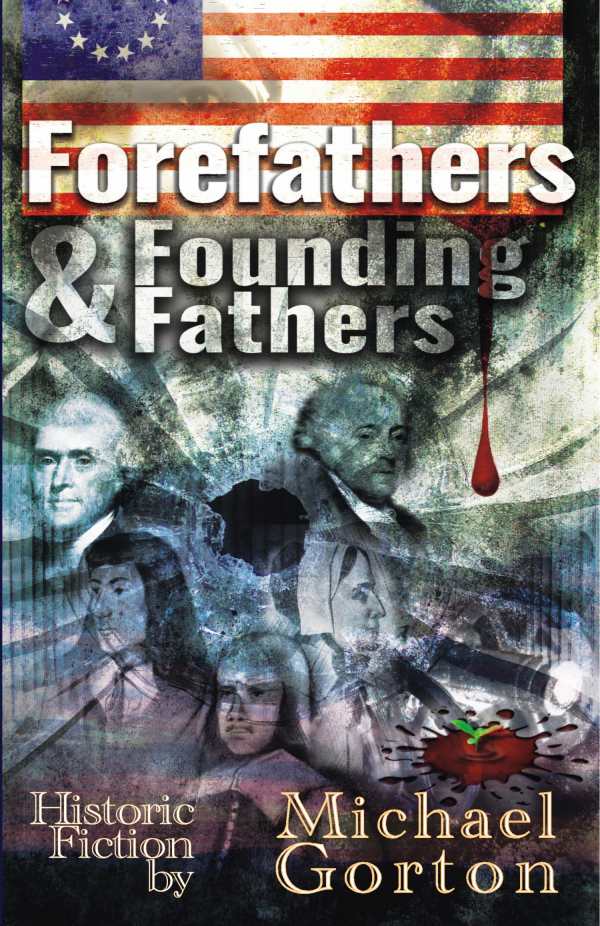
Forefathers and Founding Fathers
This is a joyful and instructive look at how early American settlers held on to their values.
Michael Gorton’s Forefathers and Founding Fathers is the fictionalized account of a group of early American settlers who refuse to bend to suffering and frustration. Written in contemporary English to make it easier for a modern reader to identify with the characters, the novel aims to bring to life a period of conflict that is likely unfamiliar to most.
Young Samuel Gorton and his family risk everything in order to leave behind an increasingly repressive English society. They and their like-minded friends attempt to establish footholds in the new colonies, but find themselves in constant conflict with men like the power-thirsty John Winthrop, who holds tightening control over an emerging group of territories. For the Gortons and their allies, a life true to their beliefs is one worth fighting for. Time and again, they find themselves up against the repetitive, perhaps predictable, yet still morally outrageous and nearly always “legal” actions of a fluctuating oligarchy. For simply interpreting the Christian faith in their own way and for sharing this passion project with others, they are punished—by imprisonment, lashings, banishments, attempts at starvation, and even outright massacre. Still they persist, thereby contributing to the founding of America.
Strong themes, including notions of autonomy and integrity, exist throughout the text. Yet the prose occasionally suffers from an oversaturation of historical details with fairly pedantic storytelling. The tale itself falters in part because it works to protract such a long and involved history without the use of devices like a strong narrating character or other means of providing context. Instead, there are sections that read more like a grammar-school textbook than a novel, intercut with illustrative scenes.
The protagonists are made relatable by their passionate interactions with one another, as well as with their oppressors. For example, in one courtroom speech, while defending against the charge of assaulting a cow and its owner, Gorton exclaims, “If you have come to such conclusion, you are fools and jackasses!” The true love between Samuel and his wife, Mary, is conveyed in their private conversations, and is demonstrably central to their perseverance; these domestic scenes, in which a true partnership of intellectual and spiritual equals is explored, portray a certain staunch lightheartedness and enduring belief in the essential righteousness of their path.
Forefathers and Founding Fathers paints a picture of people who truly hold their faith as a work in progress. This evolving set of ethics creates a standard to which they not only proclaim adherence but which they also exemplify, in a joyful and constructive manner that is instructive to others. In his own way, Michael Gorton carries on this tradition.
Reviewed by
Patty Comeau
Disclosure: This article is not an endorsement, but a review. The publisher of this book provided free copies of the book and paid a small fee to have their book reviewed by a professional reviewer. Foreword Reviews and Clarion Reviews make no guarantee that the publisher will receive a positive review. Foreword Magazine, Inc. is disclosing this in accordance with the Federal Trade Commission’s 16 CFR, Part 255.
